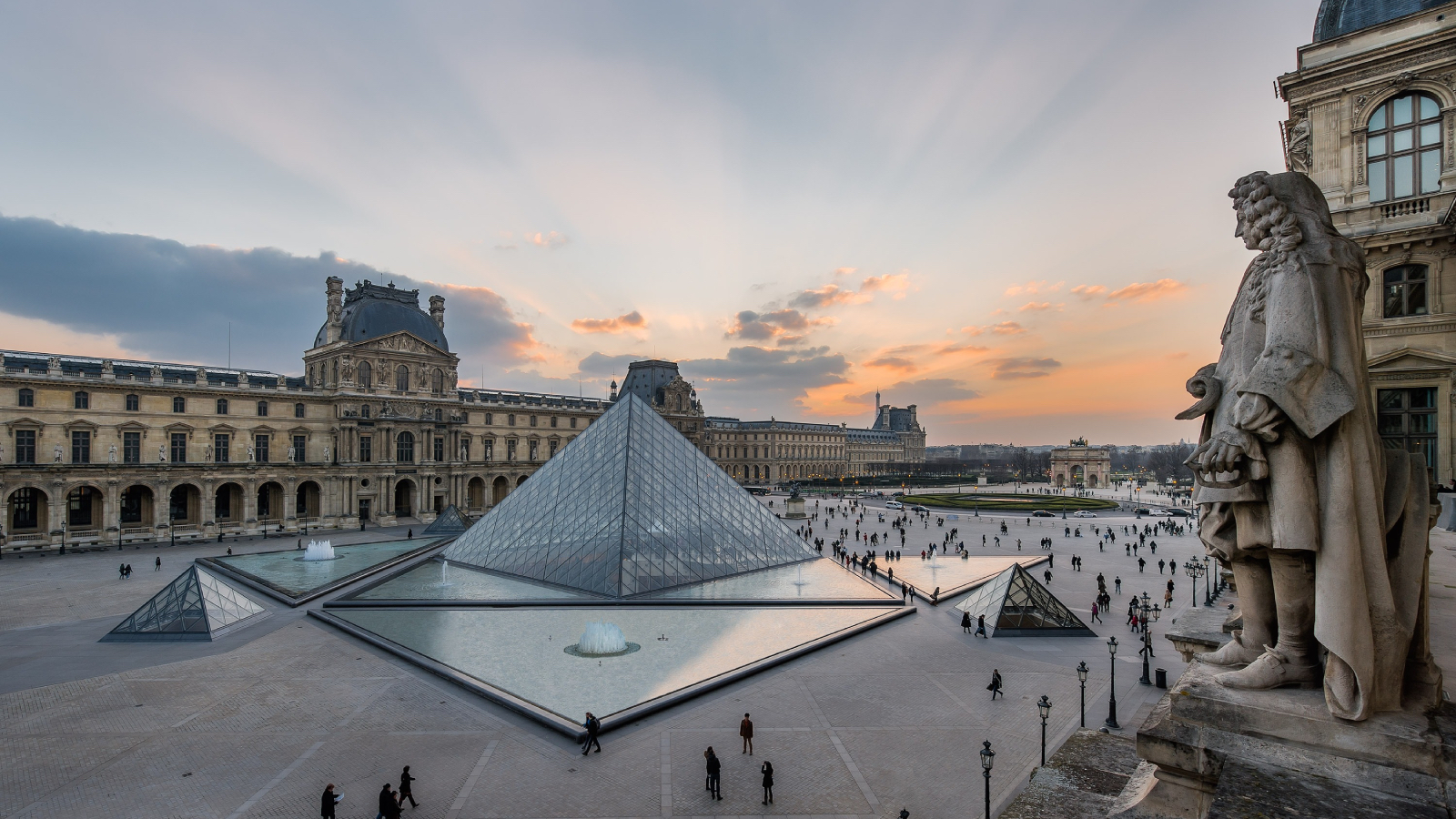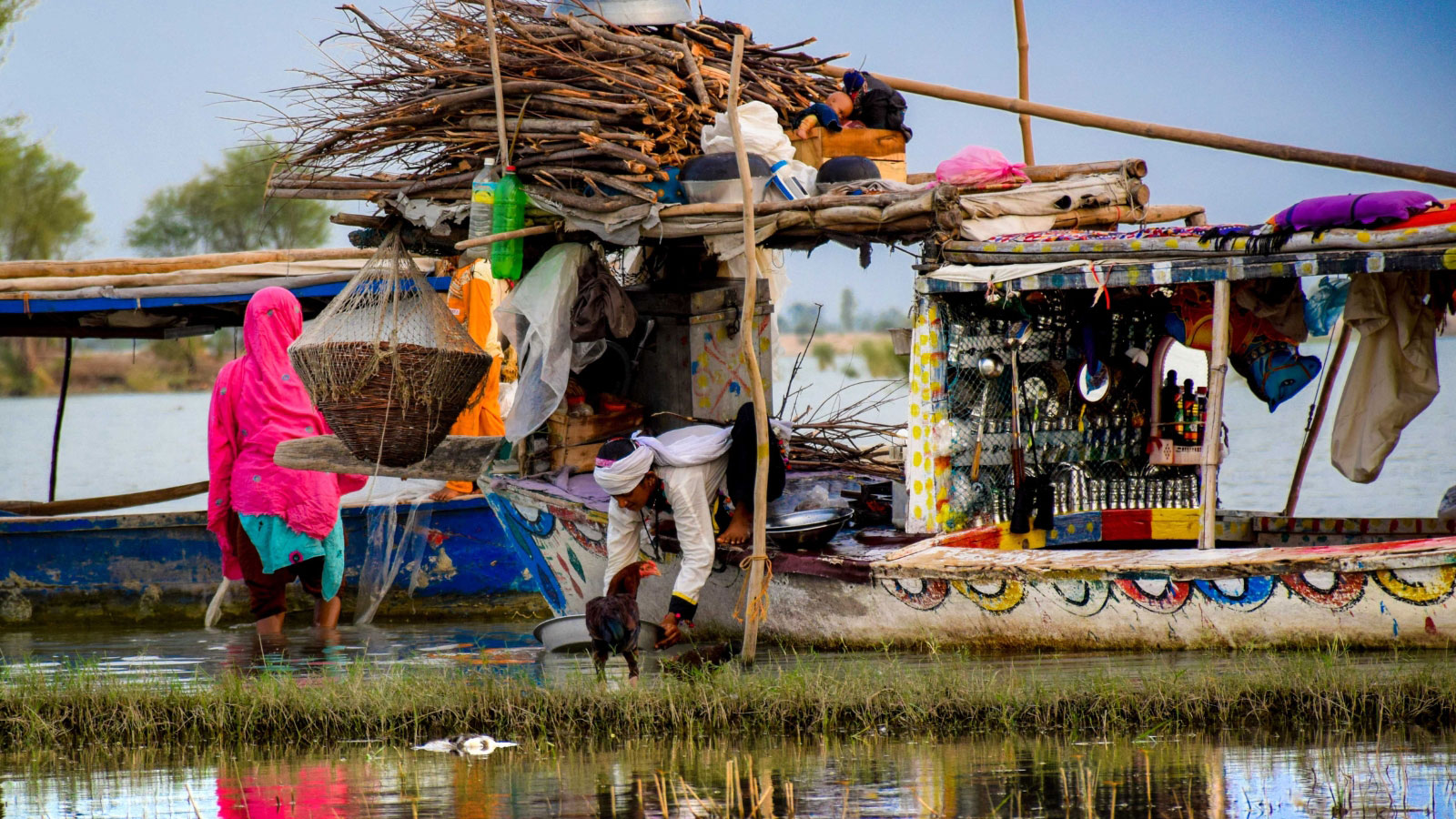|
Iceland is starting to feel the effects of over-tourism, with the country’s government planning to introduce a flexible tax to stem the effects of an influx of visitors to the island nation

Tom Anstey | Planet Attractions | 27 Jun 2024

 Iceland’s Blue Lagoon was forced to close for part of the year thanks to volcanic eruptions Credit: Blue Lagoon Iceland’s Blue Lagoon was forced to close for part of the year thanks to volcanic eruptions Credit: Blue Lagoon
Iceland is the latest country to feel the effects of over-tourism, with its government launching a new tax to protect its picturesque landscapes, hot springs and more from increased footfall.
Iceland’s Prime Minister, Bjarni Benediktsson, told CNBC that plans would see higher taxes paid at peak points of the year, with the move maintaining tourism income while also reducing the stresses of too many visitors to certain locations.
“We are trying still to mould the taxation system for the tourism sector for the future,” he said. “We could control traffic, so, at the height of demand, we could have a higher tax where we could control by amending the fees both within the day or between months, or during parts of the year. But this is still in the making.”
Iceland’s tourism tax raises funds for sustainability programs and helps to mitigate the environmental impact of mass tourism. The levy was suspended during the Covid-19 pandemic but was reinstated at the start of 2024.
“We came up with a system under which we look at certain indicators: Is nature in balance in a certain spot? Is society happy with the development? Is that on a green, yellow or red light?” said Benediktsson.
“If we see that places are being damaged by the number of people that visit, we need to take action.”
Tourism in Iceland accounted for 8.5% of the country’s gross domestic product in 2023. With a population of just 383,000, its tourism footfall is significant, with 2.3 million people expected to visit in 2024, rising to 2.4 million in 2025 and 2.5 million in 2026.
Despite an increase in visitor numbers, Iceland’s tourism sector was impacted with the eruption of a volcano on the Reykjanes peninsula in December. The eruption forced the closure of the famous Blue Lagoon, which had been open for just a day following a six-week closure over fear of an eruption. It would remain closed for three months. The site would close again in March this year before reopening in April.
Tourism
|
|






Supplier Showcase 2025: The biggest attractions projects landing worldwide this year
|